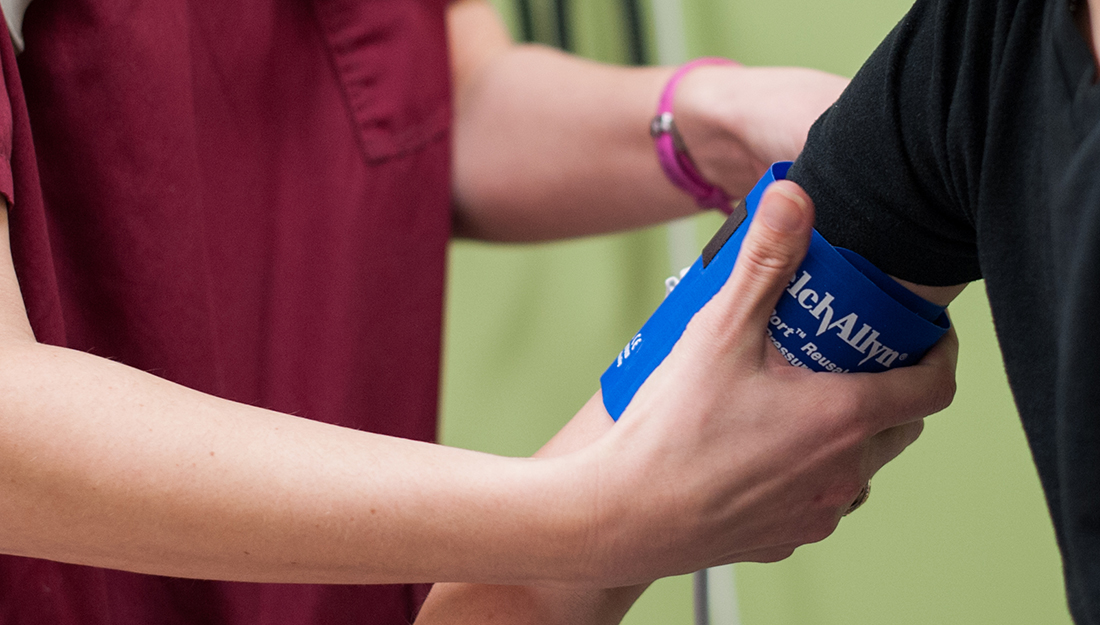- Dominic Hernandez
- Community, Healthy Living, Nursing, Show on VR homepage, Trending
New blood pressure guidelines will increase hypertension diagnoses
Nearly half of American adults have high blood pressure—and many don’t even know

Heart experts recently released new guidelines for blood pressure, and that means millions more Americans will likely be diagnosed with the condition.
Anyone with blood pressure higher than 130/80 will be considered to have hypertension, or high blood pressure, the American Heart Association and American College of Cardiology said in releasing their new joint guidelines.
“Rather than one in three U.S. adults having high blood pressure (32 percent) with the previous definition, the new guidelines will result in nearly half of the U.S. adult population (46 percent) having high blood pressure, or hypertension,” the groups said in a joint statement.
Also, according to the Centers for Disease Control and Prevention (CDC), of the 32 percent of Americans with hypertension under the old guidelines, only about half (54 percent) have their condition under control.
“The first step is to get your blood pressure checked,” said Cindy Weston, DNP, RN, FNP-BC, an assistant professor at the Texas A&M College of Nursing. However, don’t panic if you have one high reading.
“A single elevated blood pressure is not the diagnosis of hypertension,” Weston added. “You need two to three readings confirming an elevated trend.”
Before this change, people were not considered to have hypertension until the top number (systolic) hit 140 mmHg.
Rather than going straight to drug treatments, the statement recommends that health care providers advise the importance of lifestyle changes first: exercising more, eating less salt and more whole foods and good sources of nutrients. “Sometimes just losing five or ten pounds will bring your blood pressure into a healthy range,” Weston said.
High blood pressure usually has no signs or symptoms, so many people don’t realize they have it until they’re getting it checked by their health care provider. Hypertension increases the risk of heart disease and stroke, which are leading causes of death in the United States. However, there is some good news.
One study has shown that lowering your systolic blood pressure 5mmHg can lower the risk of stroke by 14 percent, and others suggest a 7mmHg drop can lower the risk of stroke by up to 31 percent.
Untreated high blood pressure damages your organs over time. If you have elevated blood pressure, talk to your health care provider about ways to manage it, and if you don’t know what your blood pressure runs, have it checked.
“If you have a family history of hypertension, you need to bring it up with your health care provider,” Weston said. “From there, you can talk about the best course of action to get your blood pressure regulated.”
Media contact: media@tamu.edu


